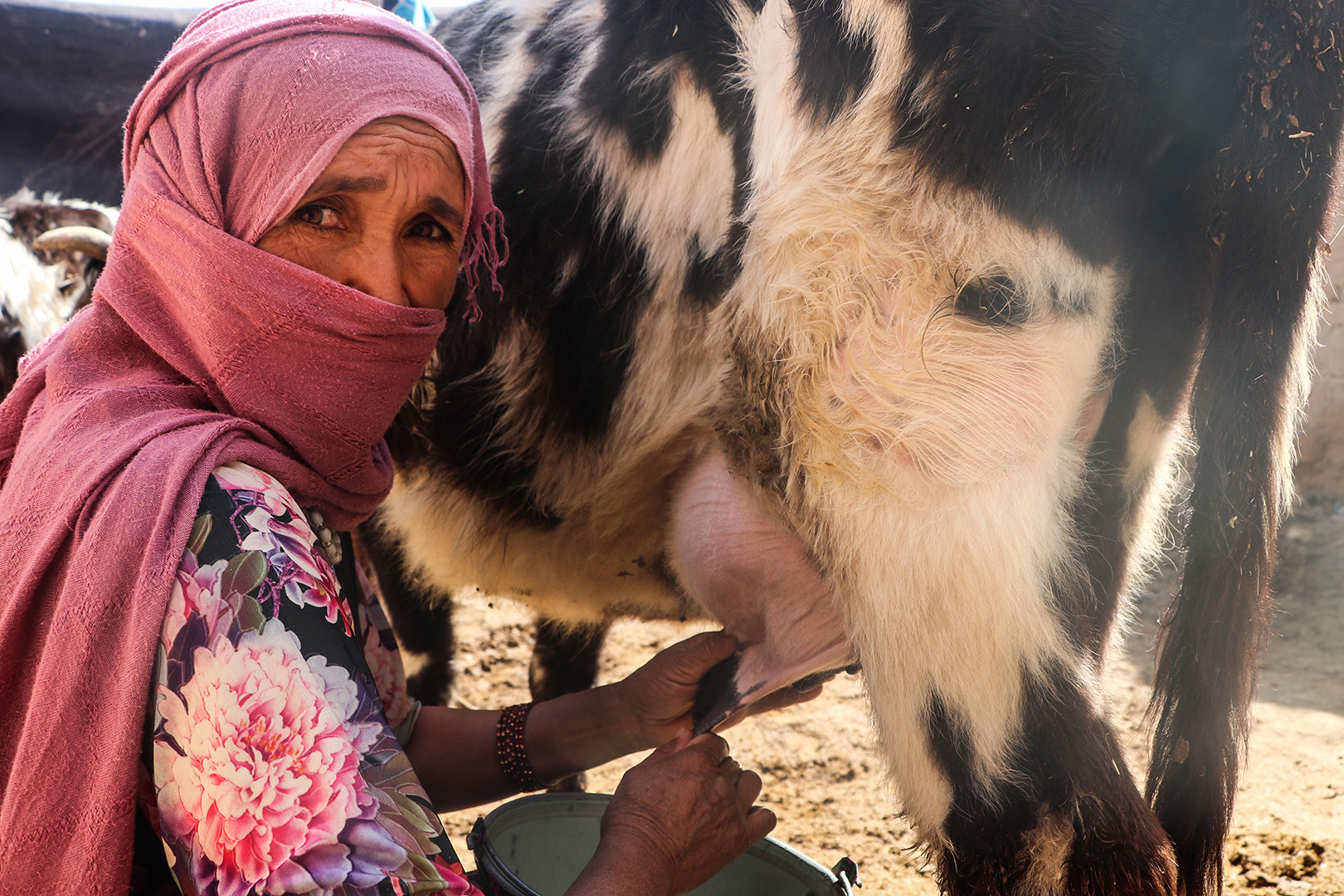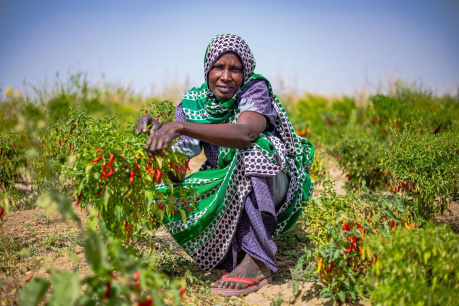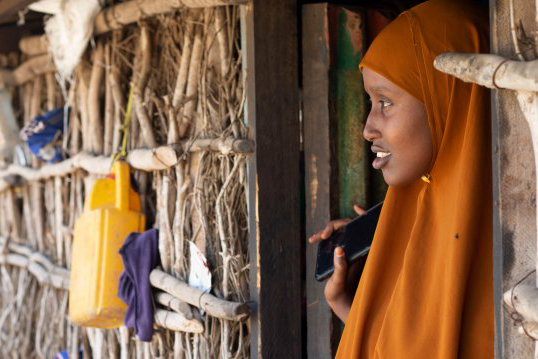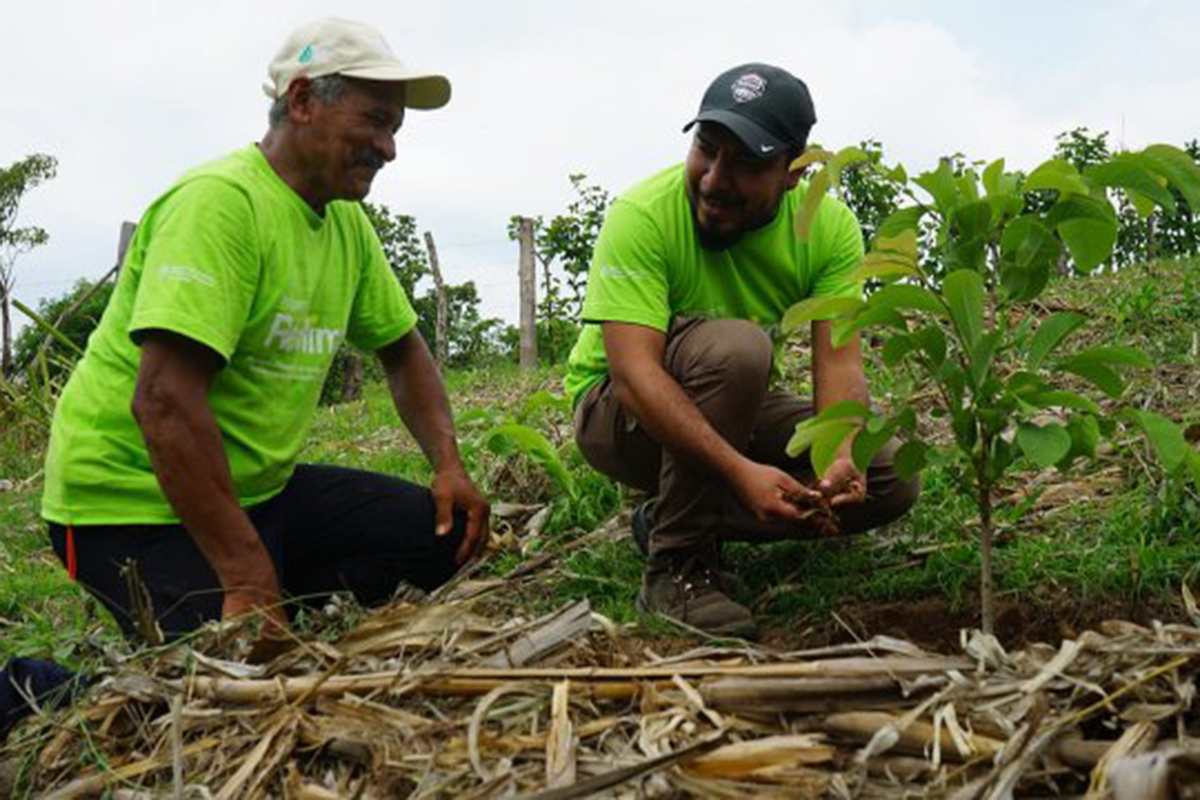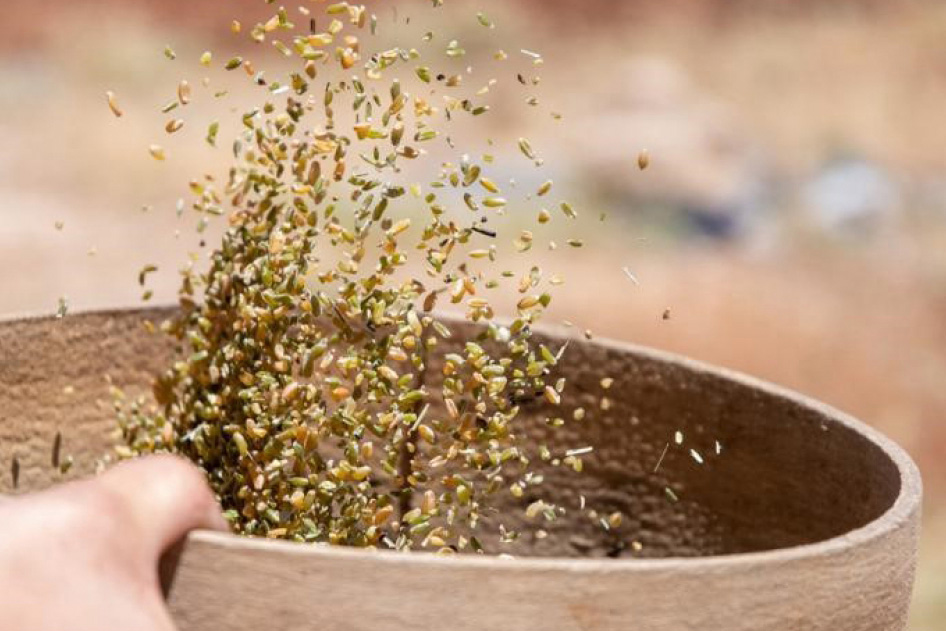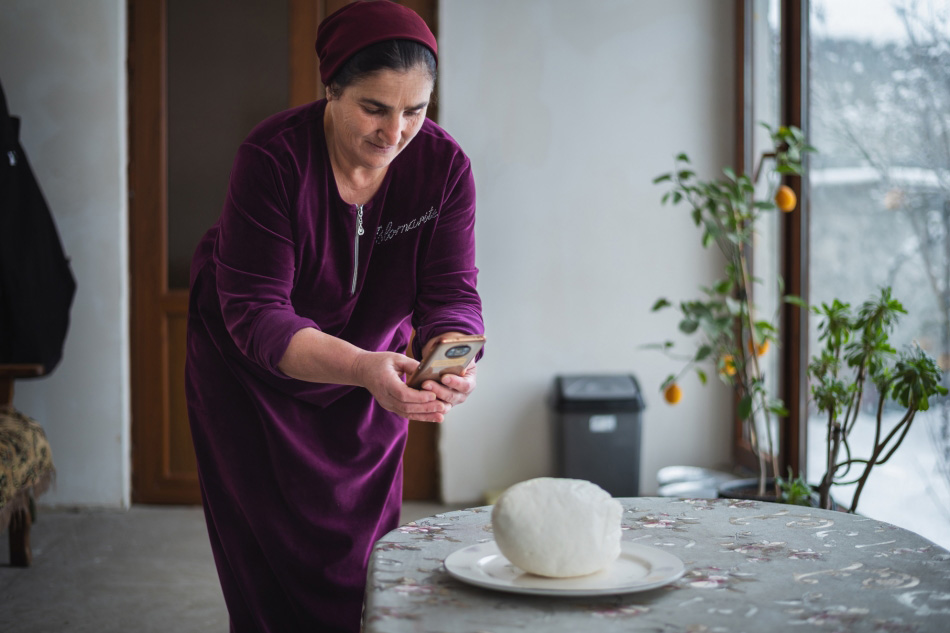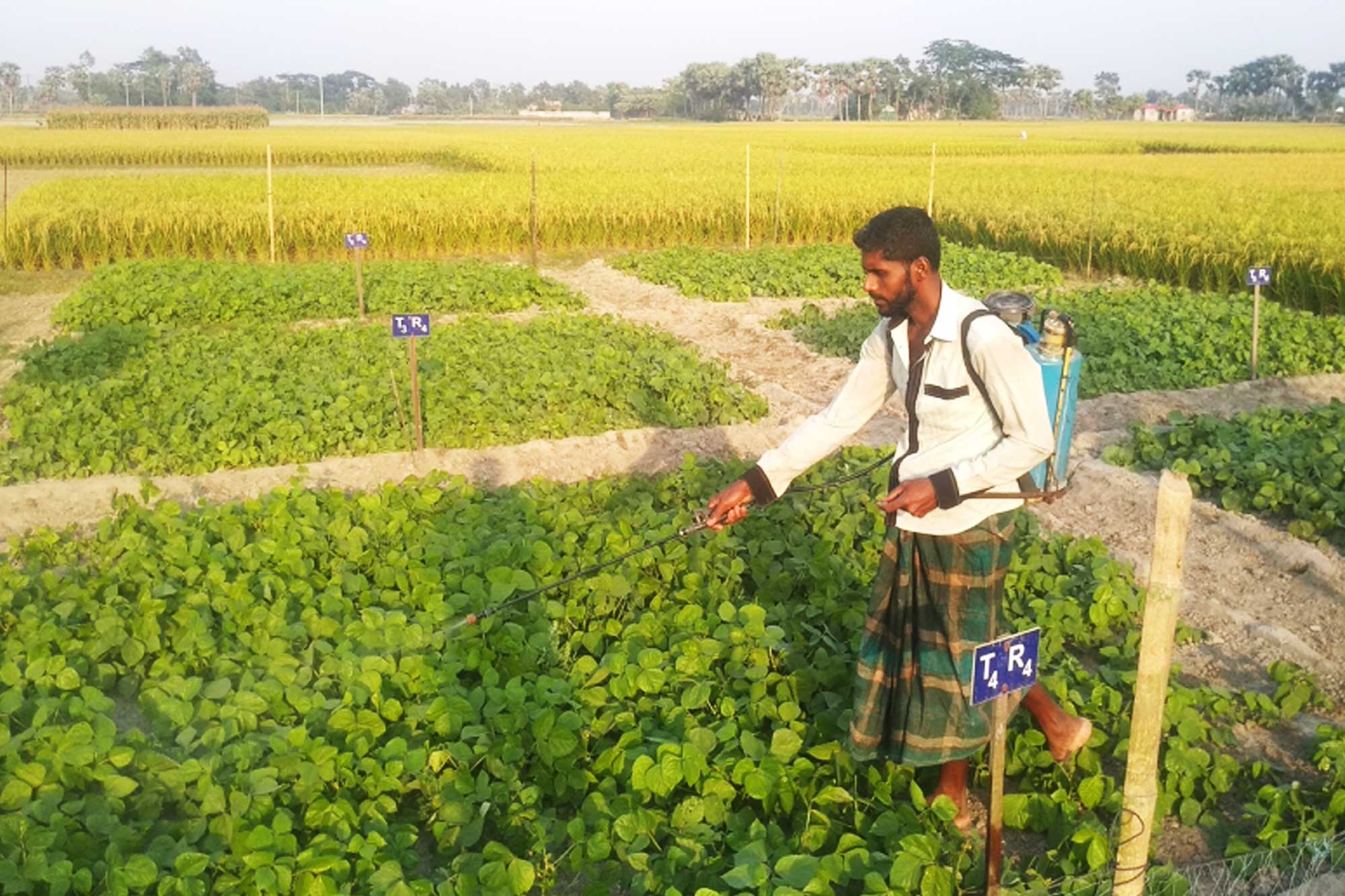FAO higlights why IUU fishing threatens livelihoods, exacerbates poverty, and augments food insecurity.
FAO
For Zulaikha, a 48-year-old, widowed the cost of the everyday items she needs for her family of six seems beyond her means. Like many other smallholder livestock keepers and farmers across Afghanistan, Zulaikha’s livelihood has been battered by a combination of severe drought, the COVID-19 pandemic and the lack of economic prospects in the recent past. Things began to improve after FAO supported her with emergency assistance for her livestock to enhance the health of her animals and increase the family’s access to nutritious food through improved dairy production.
FAO and partners are helping Maasai men and women become beekeepers which is helping regenerate the forests around their hives.
Every year, the Far North region of Cameroon is the setting of devastating floods that leave thousands homeless. Within the department of Logone-et-Chari are among the most affected areas. Torrential rains and rising waters destroy homes and crops, jeopardizing people's livelihoods and food security. Since 2021, FAO has been improving the anticipatory action and emergency response system in Cameroon, analysing the food and nutrition security impacts of humanitarian crises. The project helps governments and communities better prepare, anticipate, analyse and make decisions ahead of a crisis.
Tea is an age-old symbol of wellbeing that appears in the arts, literature, music and boasts countless colours and varieties.
A short yet perilous road connects the towns of Buufow and Shalanbood in southern Somalia. The two communities have had to cope with increasing scarcity of natural resources from which to derive their livelihoods. This combined with a lack of basic services increases the likelihood of conflicts. In an original approach to conflict resolution, youth met for a “Game Day” - an innovative peacebuilding project implemented by FAO and IOM - where they use a smartphone game application to identify priorities for investments in critical infrastructure that would promote peace and productivity.
The FAO Initiative focuses on improving the urban environment, strengthening urban-rural linkages and the resilience of urban systems, services and populations to external shocks
In a world where tonnes of edible food is lost, leaving people hungry and small-scale farmers in poverty, temperature-controlled storage and transport of food is a solution. FAO, the Ozone Secretariat of UNEP, UNEP and the Italian Ministry of Environment and Energy are working with countries to find solutions to sustainably expand cold chain infrastructure, where viable, using renewable energy to power cooling.
The is the Central American Dry Corridor is a 1,600-kilometre-long expanse through Guatemala, El Salvador, Honduras, Nicaragua, Costa Rica and Panama – home to 11.5 million rural people, who largely depend on agriculture for their livelihoods. Known for its erratic rainfall patterns, the Dry Corridor is one of the world’s most exposed and vulnerable regions to climate change. FAO’s RECLIMA project aims to restore degraded ecosystems in El Salvador and the Dry Corridor in general to regenerate the land and replenish water sources that people depend on for their food, income and well-being.
After attending a WADA workshop, Norma Kozah Rahmen and her daughters, who help her when they have time off from technical school, are growing freekeh for the first time in their own home garden. “I am now aware of its economic and nutritive value… I am growing the wheat myself this year on my land to produce freekeh for my family and to sell the extra quantities since it is in big demand now,” says Norma. WADA is one of 255 women group beneficiaries of an FAO project funded by Canada that supports women’s cooperatives, associations and informal groups in the agrifood sector in Lebanon.
Youth around the world are invited to create a paper or digital illustration to portray one of the six main steps of the seeds’ journey to the International Space Station (ISS), and what happens when they arrive back on Earth.
Malika Machalikashvili’s farm in Georgia was once pretty traditional Today she sells her produce using a smartphone. For the last three years, Malika has been attending FAO trainings, which teach smallholder farmers about better agricultural practices. These platforms have also proved very useful for teaching rural men and women about gender equality, gender-based violence and women’s economic empowerment. These trainings help smallholder women farmers feel empowered to stand up for their rights, grow their businesses and implement successful economic initiatives.
Water is vital to us all, so everyone needs to act. Every drop counts and your actions, big or small, can make a difference.
FAO together with the competent authorities engages many other stakeholders, including researchers who study the food safety issues of cell-based food, private cell-based food developers and producers, and non-governmental organizations to collaborate in this space to advance our collective knowledge.
A visit to the doctor often begins with a stethoscope to assess the heart and lungs because before you treat someone, you need to know how they are. Similarly, to guarantee healthy soils for sustainable agriculture and food production, you first need to know their condition. Soils are the starting point of food and agriculture. Without healthy soils (to provide nutrients), water and air (for plant growth and development), we cannot grow the nutritious food we need to lead healthy lives. Yet, soil degradation is a global problem. Currently, around one third of the world’s soils is degraded. The situation will continue to worsen if we do not take action. FAO’s Global Soil Doctors Programme started to do just that.

